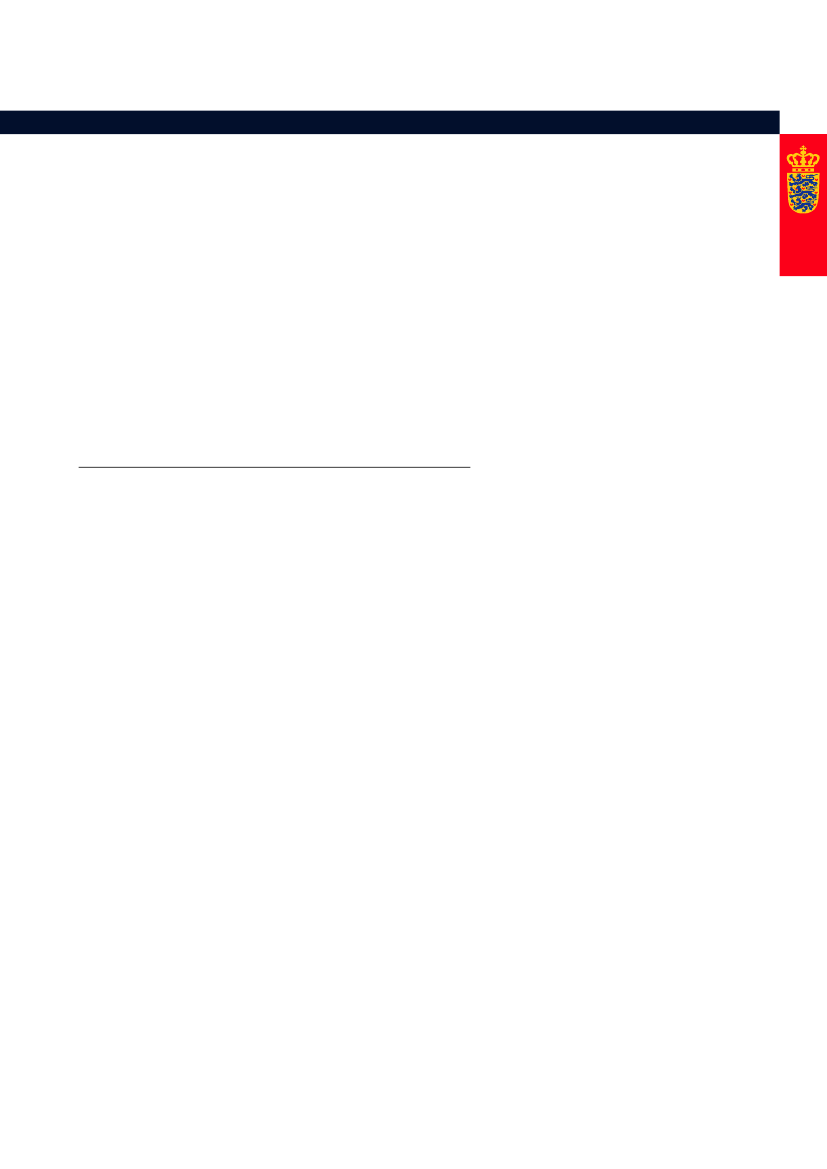
The Royal Danish Ministry for Foreign Affairs
Regional Stabilisation Programme for Syria and Iraq, 2016-2018
The Regional Stabilisation Programme for Syria and Iraq is aimed at countering ISIL and other
extremist groups in Syria and Iraq and to promote an inclusive political resolution to the conflict
in Syria and support a more stable and inclusive Iraq. Activities include support to the
stabilisation needs in both countries and support to civil society and moderate actors that provide
an alternative to extremism and contribute to building more stable, democratic and inclusive
societies.
The Programme has three thematic focus areas:
Focus Area 1: Political Dialogue and Peacebuilding
is aimed at reinforcing peace initiatives
in Syria and reconciliation efforts in Iraq, thereby countering ISIL and other extremist groups
and promoting the role of moderate actors.
A key priority is the support to the political process led by the UN to promote a peaceful solution
to the conflict in Syria and the support to civil society organisations that play a key role in
anchoring a future political agreement and can serve as an important building stone for a
democratic Syria.
The UN Special Envoy for Syria (UNDPA).
Since the beginning of the Syrian conflict,
Denmark has supported the promotion of a peaceful political solution to the conflict
through contributions to the UN Special Envoy for Syria, Staffan de Mistura, channelled
through the UN Department of Political Affairs (UNDPA).
Syrian Civil Society Centre, Baytna
works to strengthen civil society to act as a force
for democratic change through capacity building and by providing small grants to
moderate civil society actors and by acting as a coordination hub for civil society actors.
Capacity building is solely provided in opposition-held areas in Idlib, Aleppo, Daraa and
Quneitra, while 2 sub-grants have also been provided to minor conflict-mitigation projects
to opposition-leaning communities in regime-dominated areas in Hama and Damascus
provinces. The beneficiaries are non-regime actors.
The Day After (TDA)
works with civil society actors in opposition-held areas in Idlib,
Aleppo, Northern Homs, Daraa and Quneitra as well as Syrian actors outside Syria on
activities including community mobilisation on rule of law, accountability and transitional
justice.
1